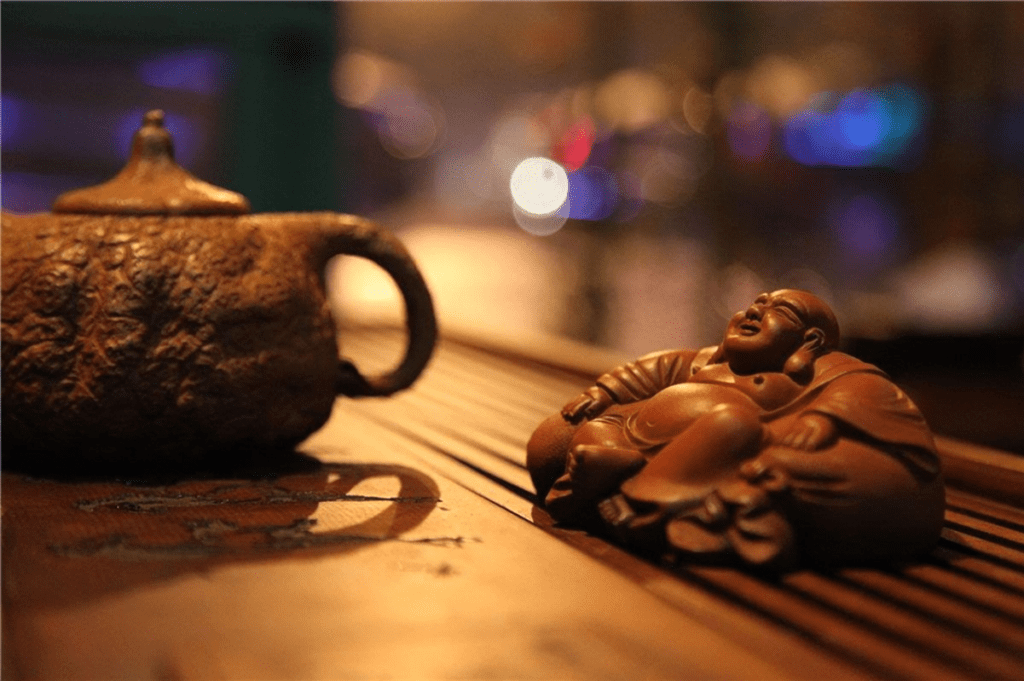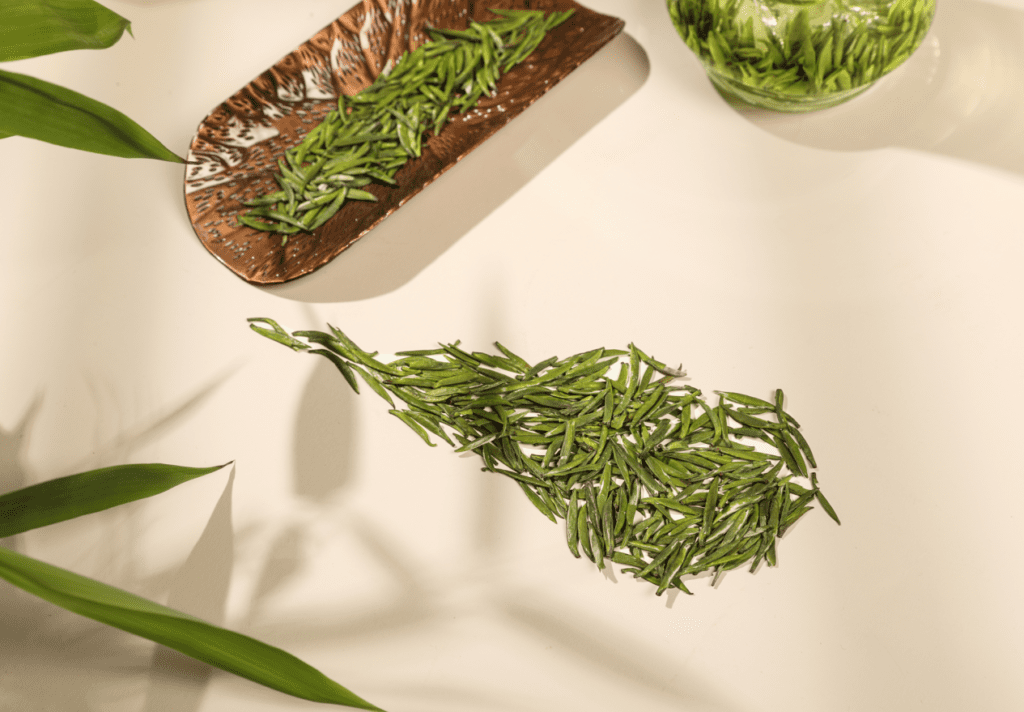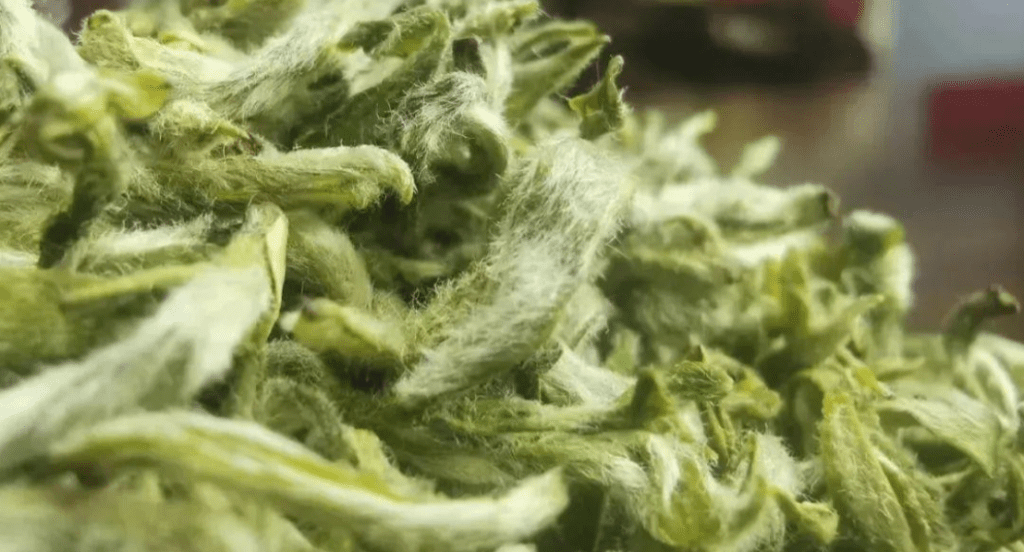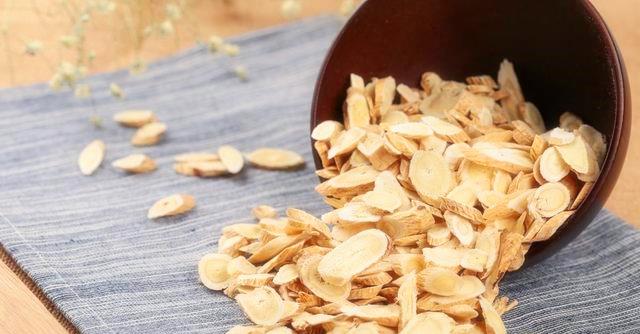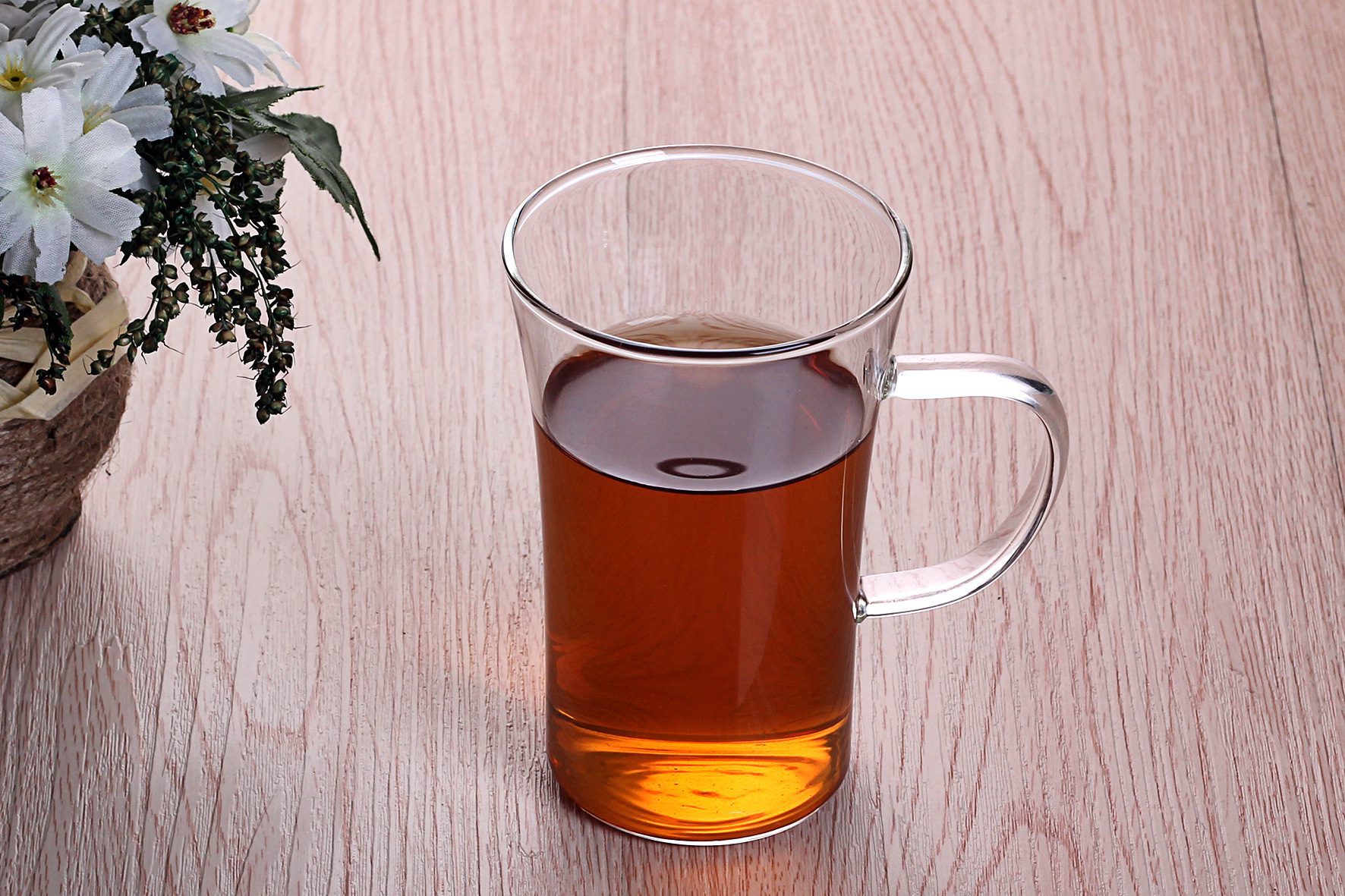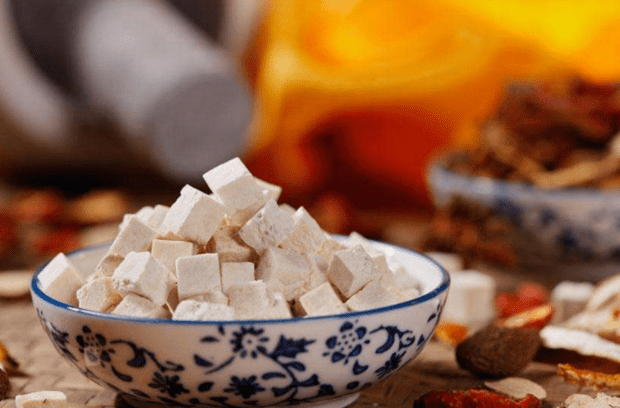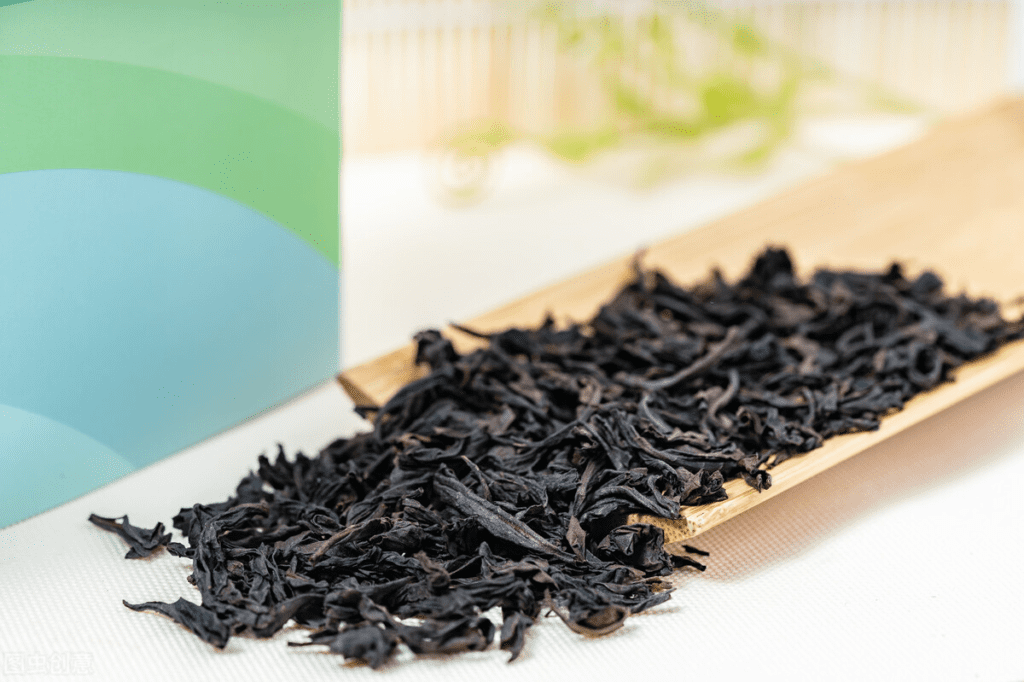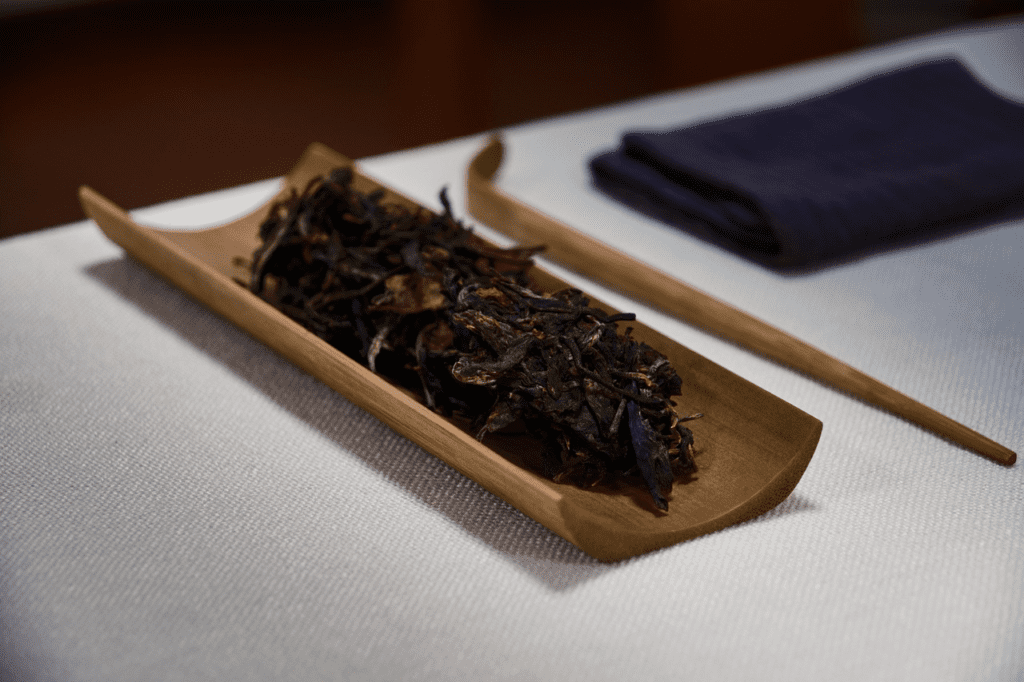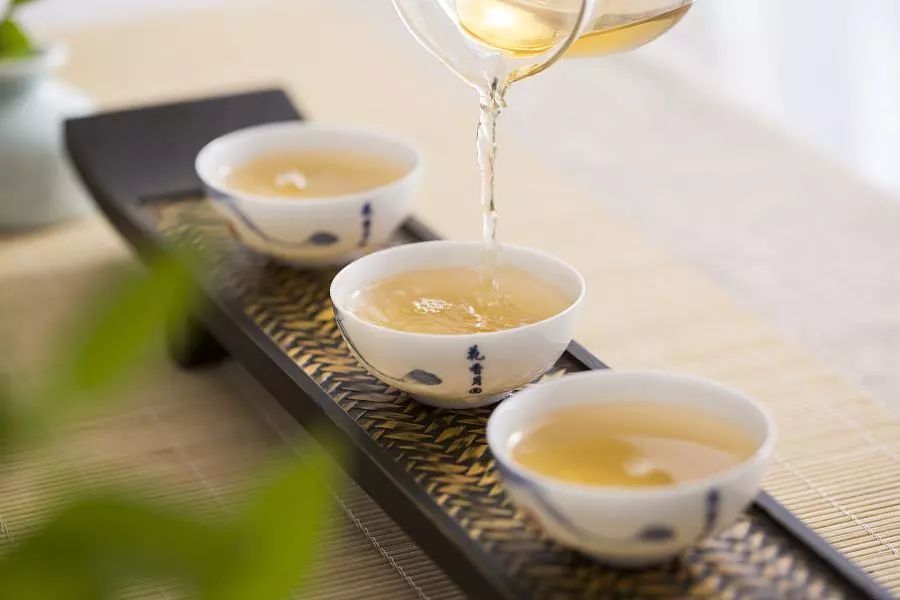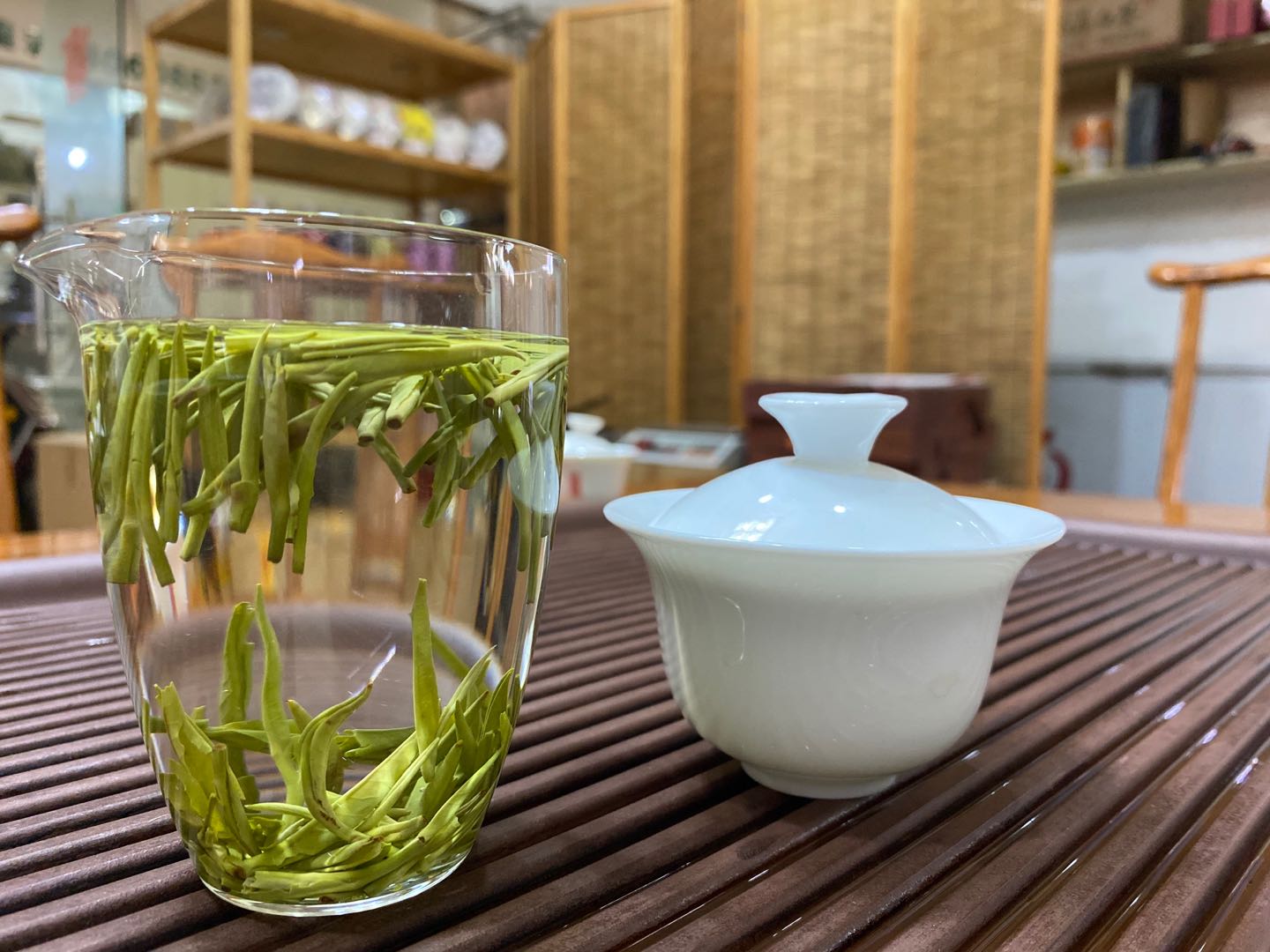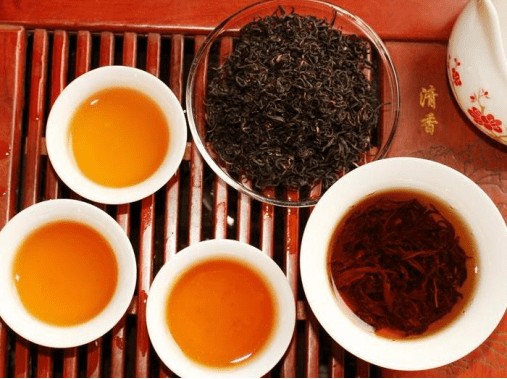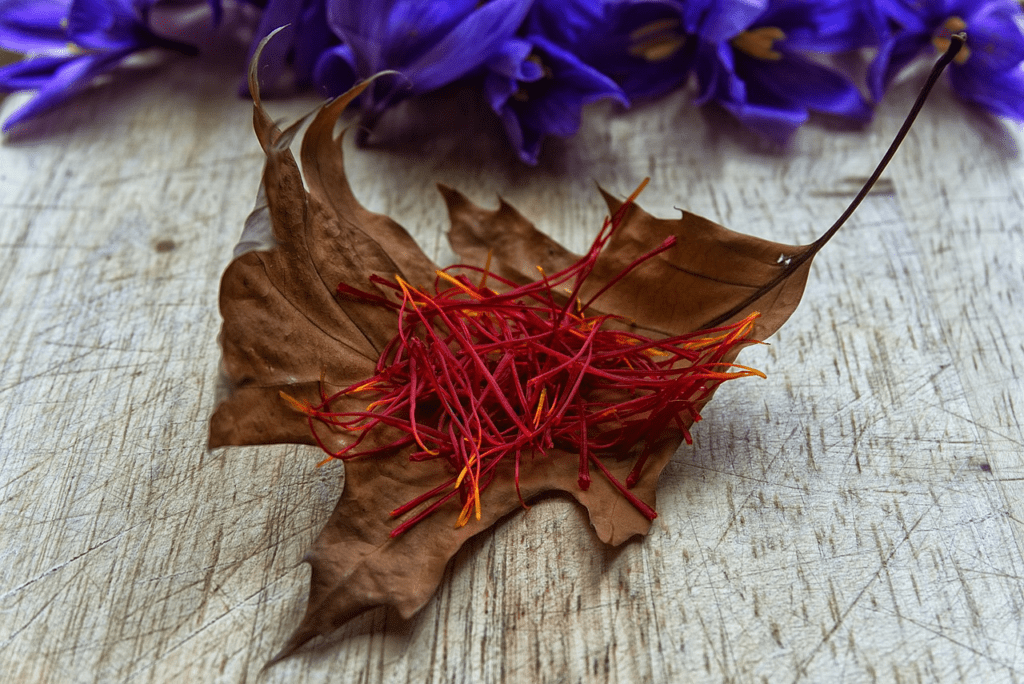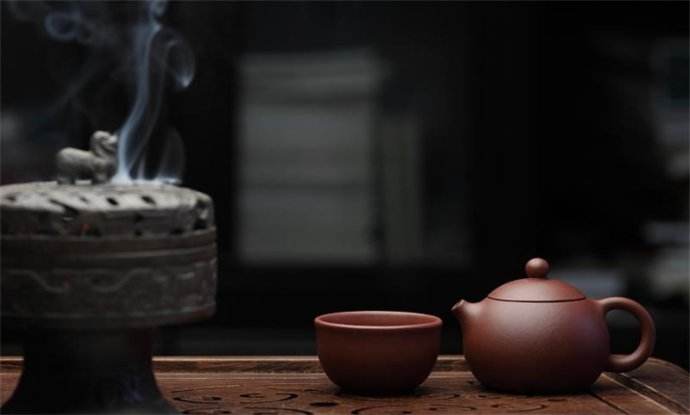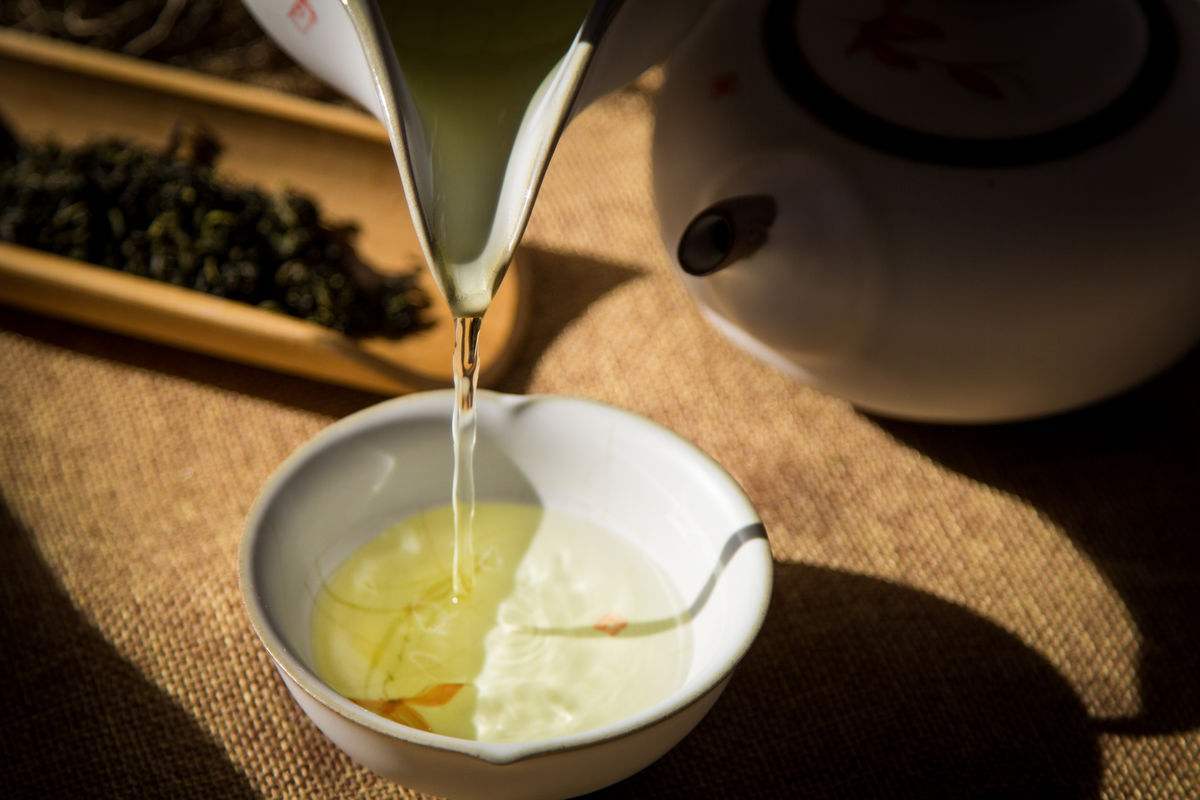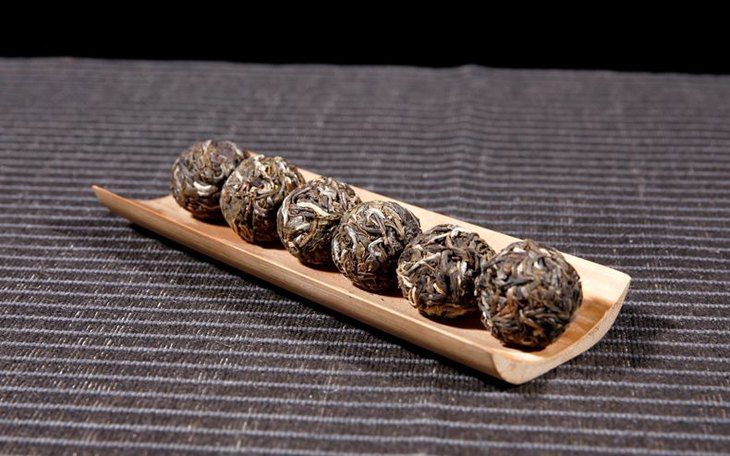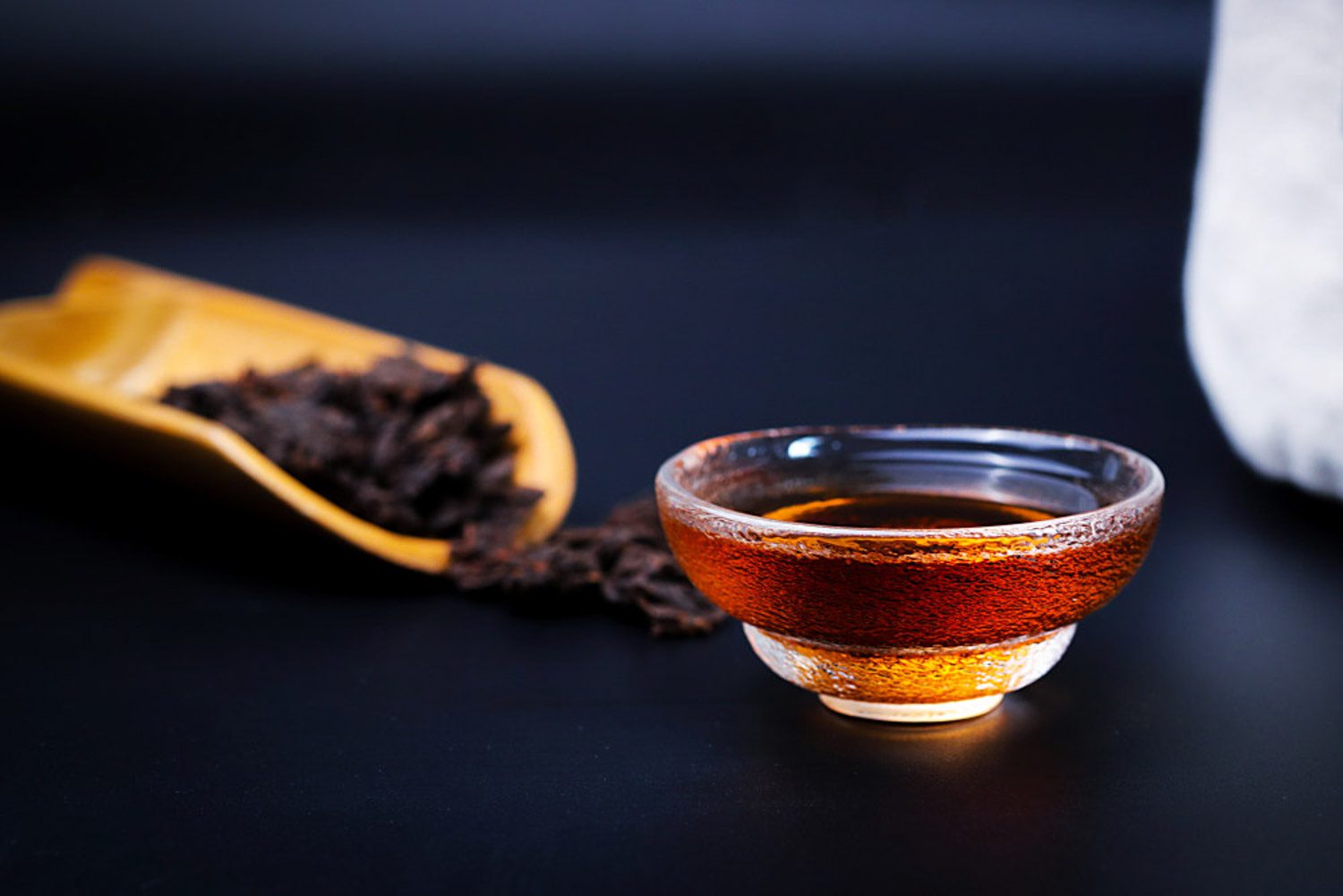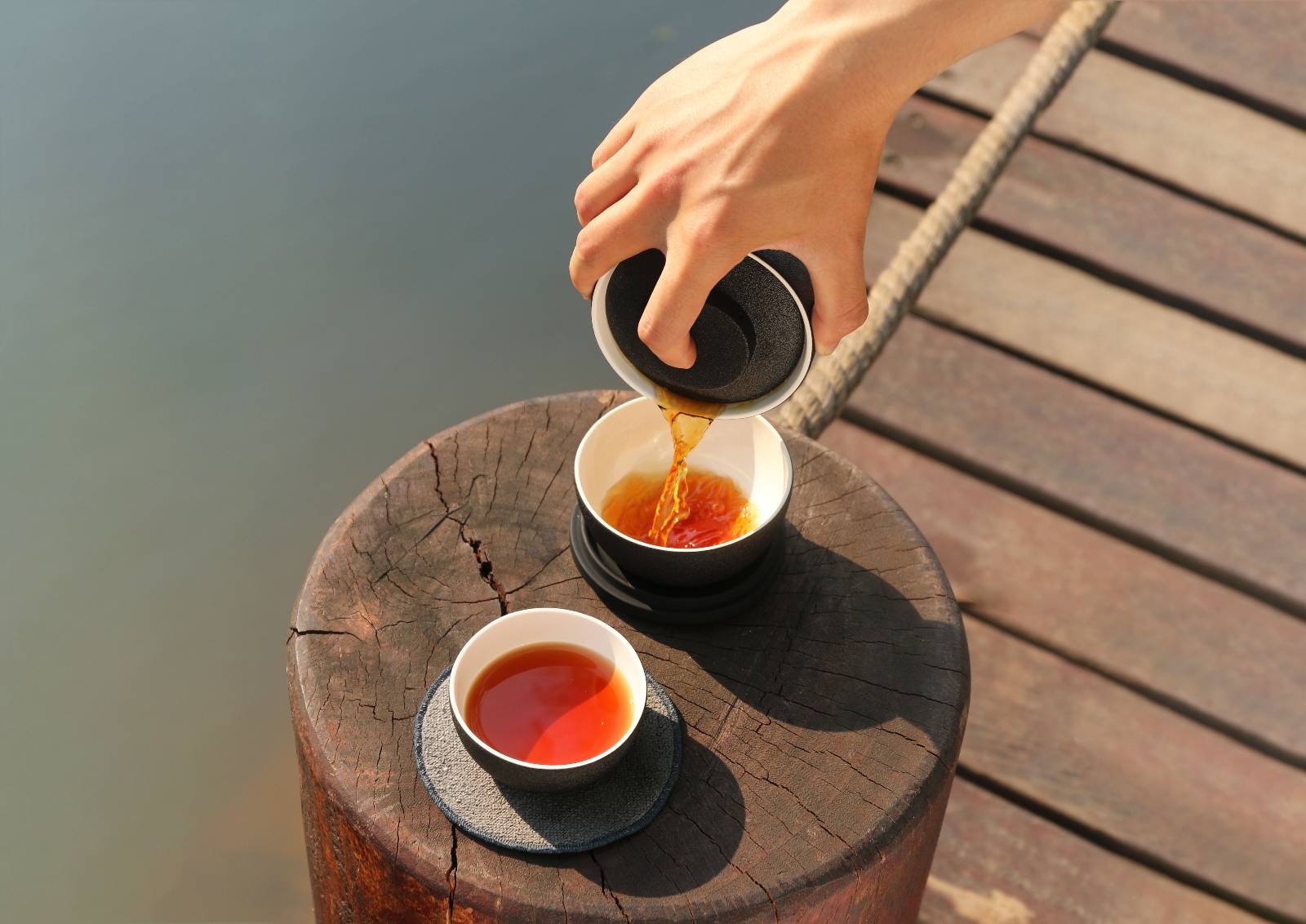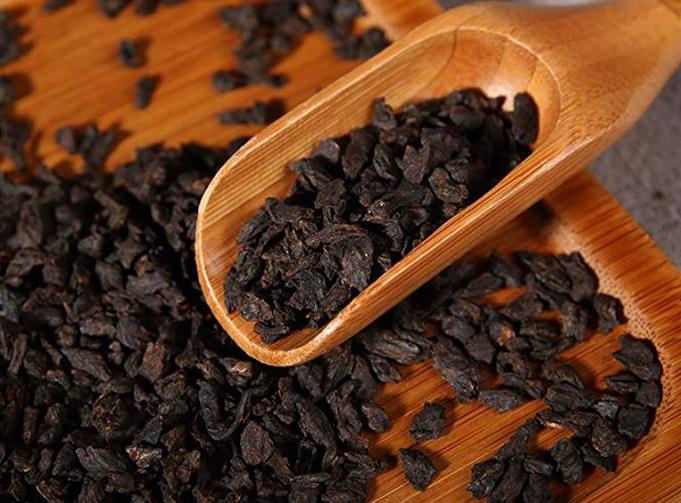As parents, we always want our children to be healthy. Therefore, when we hear about some traditional herbal teas that are good for health, we may consider trying them for our children. Chenpi tea is one of them. So, can children drink Chen Pi tea? This article will answer this question in detail.
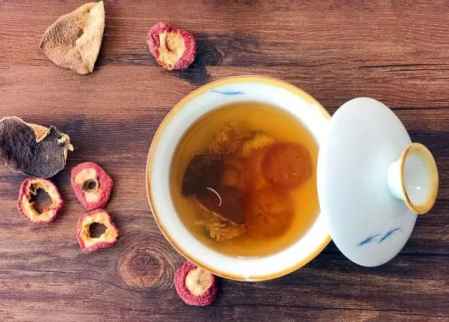
(Image source: Internet, deleted)
What is Stale Peel Tea?
Chenpi tea is a tea made from dried orange peels (usually aged orange peels, also called Chenpi). Chenpi is considered to have many benefits and effects in Chinese medicine, such as aiding digestion, relieving coughs and clearing heat and toxins. Due to its unique flavor and taste, Chenpi tea is popular in many households.
Benefits and Effects of Stale Peel Tea
Stale peel tea is considered to be beneficial for health due to its richness in vitamin C and many antioxidants. Here are some of the main benefits and effects:
- Helps with digestion: Chenpi is known to stimulate the secretion of digestive juices, which helps digestion and reduce stomach upset.
- Relief from coughing: Stale peel tea can help dissolve phlegm and stop coughing, making it a natural cough reliever.
- Anti-inflammatory effects: Ingredients in Chen Pi have anti-inflammatory properties that help relieve inflammation in the body.
Can Children Drink Stale Peel Tea?
Although Chenpi tea has many benefits and effects on adults, we need to consider carefully whether it is suitable for children. Overall, children can consume peel tea in moderation, but need to pay attention to the following points:

(Image source: Internet, deleted)
caveat
1. Drink in moderation: As children's bodies are not yet fully developed, excessive consumption of peel tea may cause discomfort. It is recommended to limit the consumption to one small cup per day.
2. Observe the reaction: When giving children Chenpi tea for the first time, observe their physical reactions. If any discomfort occurs, stop drinking it immediately and consult a doctor.
3. Choose a high quality peel: There are many different qualities of tangerine peel available in the market, and it is safer to choose organic and additive-free premium tangerine peel.
How to Make Stale Peel Tea for Children
If you decide to let your child try the peel tea, you can follow the steps below to make it:
- Prepare a small piece of good quality peel and rinse it well with water.
- Place the peel in a cup, add hot water and steep for about 5-10 minutes.
- A small amount of honey or lemon can be added to sweeten and texture according to your child's taste.
- Allow the tea to cool slightly and make sure it is the right temperature before giving it to your child.

(Image source: Internet, deleted)
Alternatives to Stale Peel Tea
If you are concerned about the effects of stale peel tea on your child, consider some safe alternatives such as:
- Peppermint tea: Peppermint tea has a refreshing flavor that can help relieve upset stomachs and digestive problems.
- Chrysanthemum tea: Chrysanthemum tea helps to clear away heat and toxins and is a mild herbal tea for children.
- Honey Lemonade: This simple drink is not only delicious, but also provides a rich source of vitamin C and antioxidants.
summarize
It is okay for children to consume peel tea in moderation, but you need to be careful about how much you drink and observe your body's reaction. If you are unsure, it is best to consult a doctor or professional. Through a scientific approach, we can allow children to enjoy the benefits of a healthy drink while safeguarding their healthy growth.
I hope this article has been helpful to you. If you have more questions or experiences to share, feel free to leave them in the comments section!
